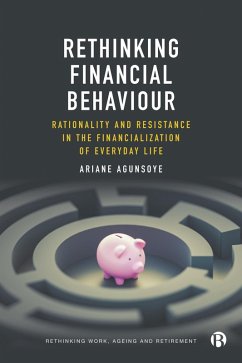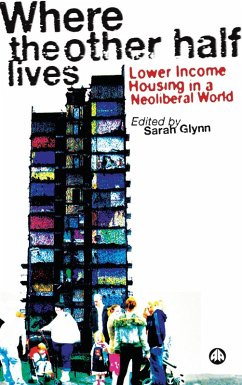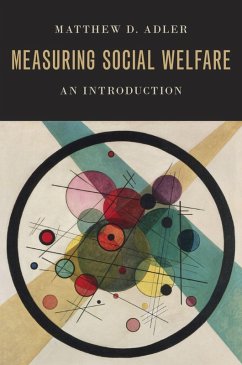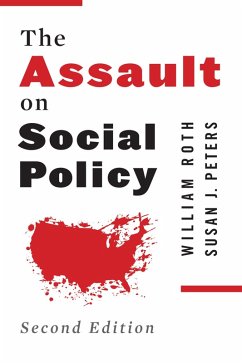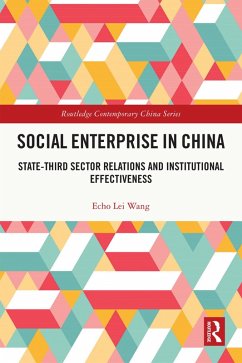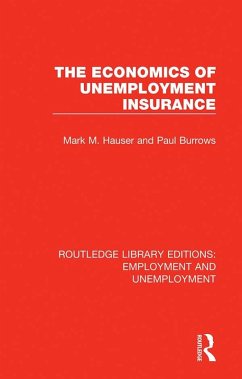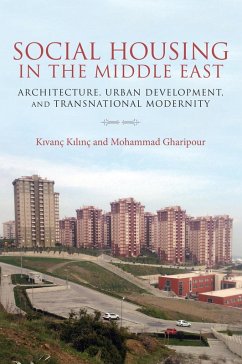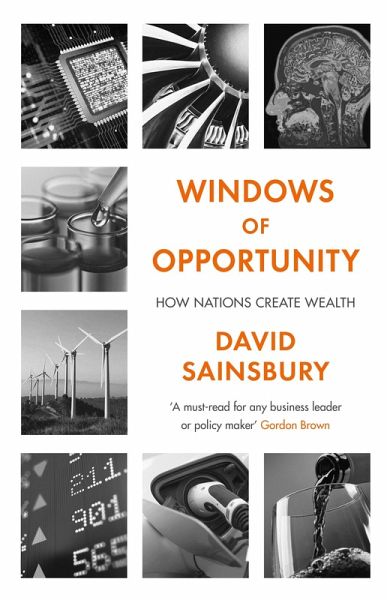
Windows of Opportunity (eBook, ePUB)
How Nations Create Wealth
Versandkostenfrei!
Sofort per Download lieferbar
12,95 €
inkl. MwSt.
Weitere Ausgaben:

PAYBACK Punkte
6 °P sammeln!
Is neoclassical economics dead? Why have the biggest industrial economies stagnated since the financial crisis? Is the competitive threat from China a tired metaphor or a genuine danger to our standard of living? Lord David Sainsbury draws on his experience in business and government to assemble the evidence and comes to some startling conclusions. In Windows of Opportunity, he argues that economic growth comes not as a steady process, but as a series of jumps, based on investment in high value-added firms. Because these firms are engaged in winner-takes-all competition, rapid growth in one co...
Is neoclassical economics dead? Why have the biggest industrial economies stagnated since the financial crisis? Is the competitive threat from China a tired metaphor or a genuine danger to our standard of living?
Lord David Sainsbury draws on his experience in business and government to assemble the evidence and comes to some startling conclusions. In Windows of Opportunity, he argues that economic growth comes not as a steady process, but as a series of jumps, based on investment in high value-added firms. Because these firms are engaged in winner-takes-all competition, rapid growth in one country can indeed come at the expense of growth in another, contrary to the standard models. He suggests a new theory of growth and development, with a role for government in 'picking winners' at the level of technologies and industries rather than individual firms. With the role of industrial policy at the centre of the Brexit debate, but a significant intellectual gap in setting out what that policy should be, this book could not be more timely.
Lord David Sainsbury draws on his experience in business and government to assemble the evidence and comes to some startling conclusions. In Windows of Opportunity, he argues that economic growth comes not as a steady process, but as a series of jumps, based on investment in high value-added firms. Because these firms are engaged in winner-takes-all competition, rapid growth in one country can indeed come at the expense of growth in another, contrary to the standard models. He suggests a new theory of growth and development, with a role for government in 'picking winners' at the level of technologies and industries rather than individual firms. With the role of industrial policy at the centre of the Brexit debate, but a significant intellectual gap in setting out what that policy should be, this book could not be more timely.
Dieser Download kann aus rechtlichen Gründen nur mit Rechnungsadresse in A, D ausgeliefert werden.




